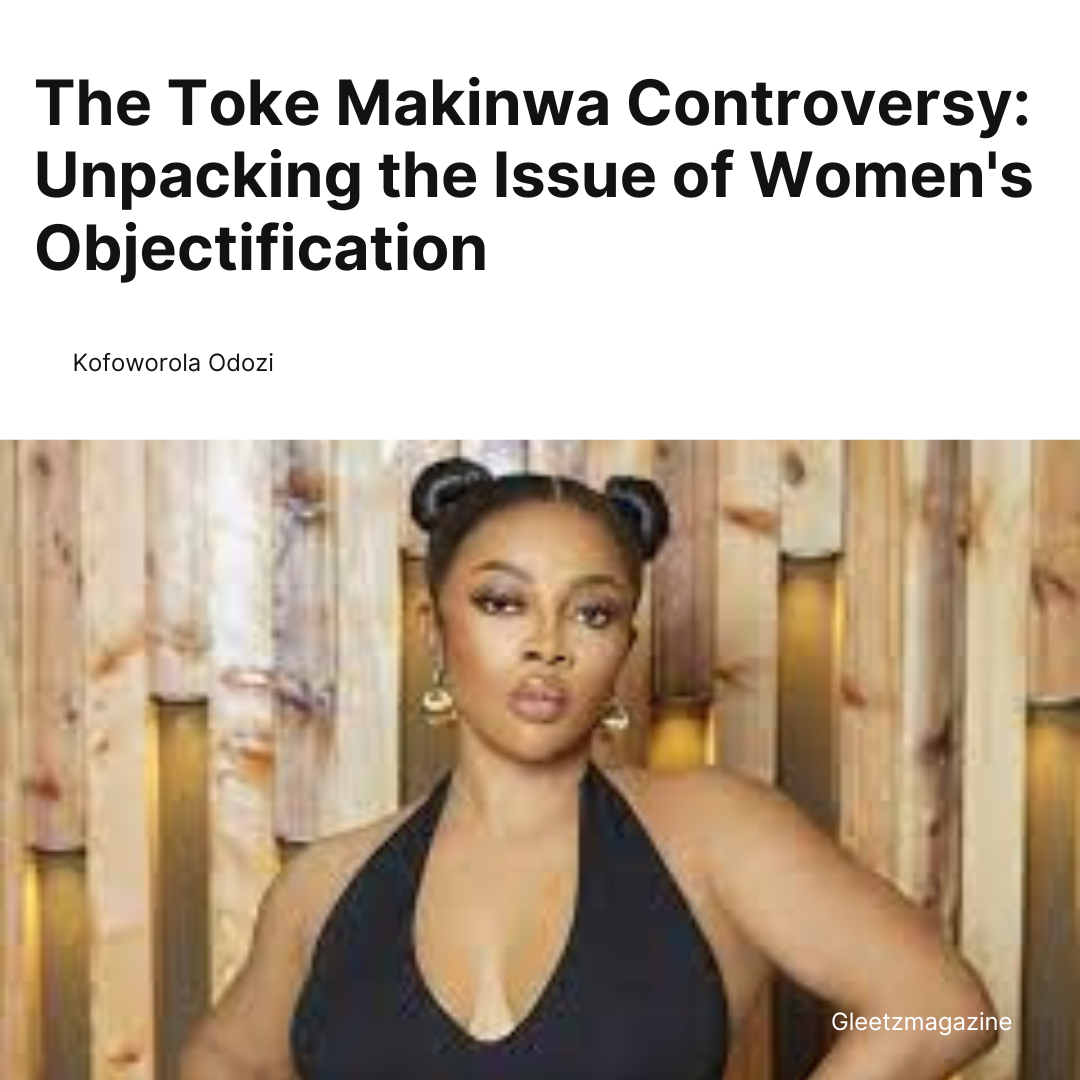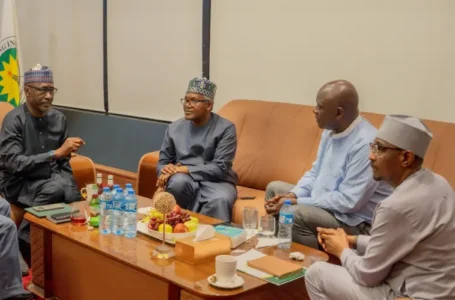Former US President Donald Trump Shot But Escapes Assassination Attempt
In recent times, the internet has been abuzz with discussions surrounding Toke Makinwa, a popular On-Air Personality, and her participation in President Tinubu’s delegation to COP28 in Dubai. However, amidst the debates on her qualifications for such a role, a more concerning issue has emerged – the objectification of women. This incident serves as a stark reminder of the pervasive nature of societal norms that often reduce women to mere objects of judgment and scrutiny.

Toke Makinwa’s Situation:
Toke Makinwa, in expressing her excitement about attending the COP28 summit, found herself at the receiving end of harsh criticisms and unwarranted scrutiny. Critics questioned her presence at the event, raising doubts about her qualifications and relevance to climate change discussions. This backlash, rather than focusing on her professional achievements or contributions, centered around her identity as a woman and a media personality.
The Objectification of Women:
Toke Makinwa’s experience is not an isolated incident but indicative of a broader societal issue – the objectification of women. Women continue to face intense scrutiny and judgment based on their appearance, personal choices, and perceived roles in society. This incident highlights the tendency to reduce a woman’s worth to her physical attributes or societal expectations rather than acknowledging her professional capabilities.
Media Influence and Stereotypes:
The media, including social media platforms, plays a significant role in perpetuating harmful stereotypes and contributing to the objectification of women. Toke Makinwa’s case is a clear example of how public figures, especially women, can become targets of unnecessary criticism and judgment. The focus on her physical appearance and personal life diverts attention from her achievements and contributions to her field.
Addressing the Issue:
It is crucial to recognize and challenge the objectification of women, promoting a narrative that values their intellect, skills, and accomplishments over their physical attributes. As a society, we must move beyond perpetuating stereotypes that limit women’s roles and reinforce harmful biases. Constructive conversations around achievements, qualifications, and professional capabilities should replace discussions that reduce women to mere objects of scrutiny.
Conclusion:
The incident involving Toke Makinwa’s participation in COP28’s delegation serves as a poignant moment for reflection on the pervasive issue of women’s objectification. It is an opportunity for society to reevaluate its attitudes and challenge the harmful norms that perpetuate the unfair judgment and scrutiny of women based on superficial factors. Moving forward, let us strive for a more inclusive and respectful discourse that celebrates women for their accomplishments and contributions rather than subjecting them to unwarranted objectification.
READ: ODUNAYO EWENIYI: Gleetz Woman of the Week https://www.instagram.com/gleetz_magazine/










